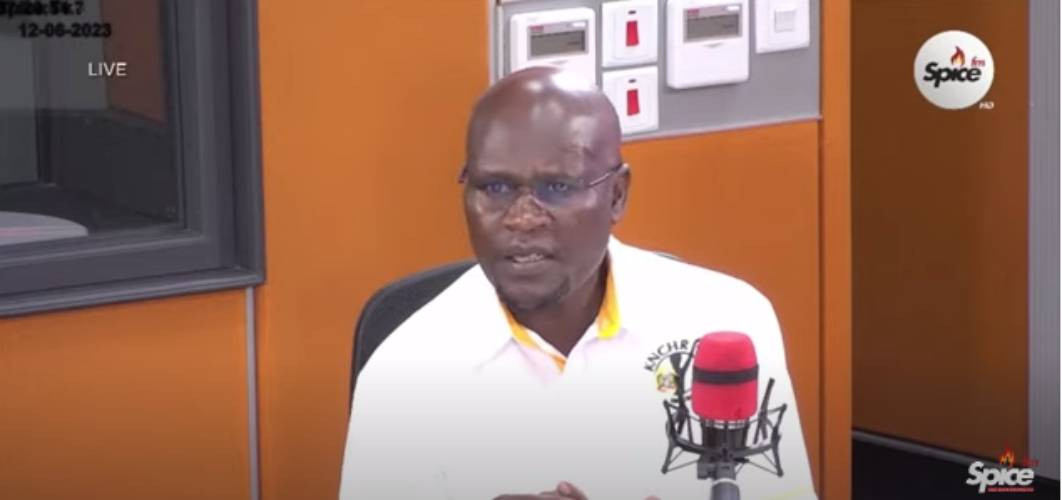×
The Standard e-Paper
Kenya’s Boldest Voice

A man has shared his journey of overcoming challenges while growing up as intersex.
Denis Wamalwa, in an interview with Spice FM on Monday, 12th June 2023, revealed that he has undergone 39 major surgeries to affirm his gender.